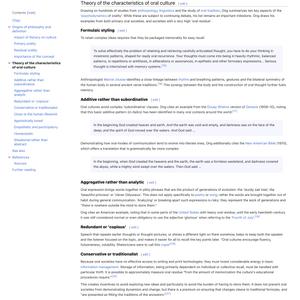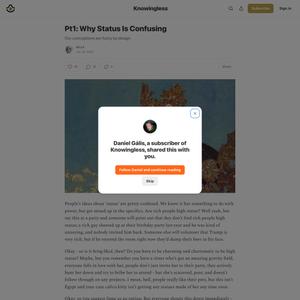

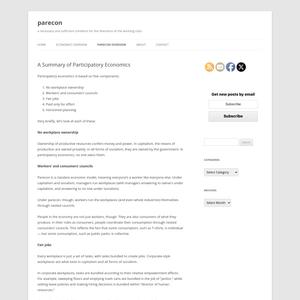
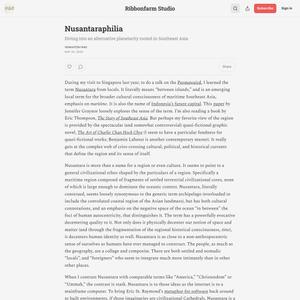

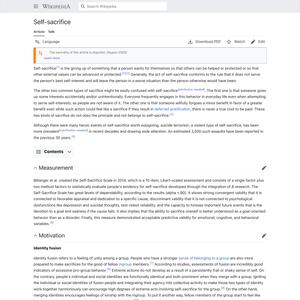
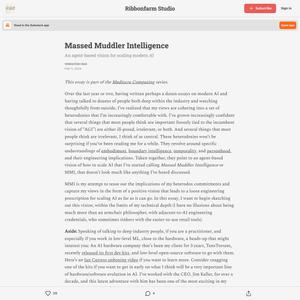
Lindblom’s paper identifies two patterns of agentic behavior, “root” (or rational-comprehensive) and “branch” (or successive limited comparisons), and argues that in complicated messy circumstances requiring coordinated action at scale, the way actually effective humans operate is the branch method, which looks like “muddling through” but gradually gets there, where the root method fails entirely. Complex here is things humans typically do in larger groups, like designing and implementing complex governance policies or undertaking complex engineering projects. The threshold for “complex” is roughly where explicit coordination protocols become necessary scaffolding. This often coincides with the threshold where reality gets too big to hold in one human head.
As the word limited suggests, the branch method respects limits, including the rationality limits of humans, but more importantly, limits imposed by imperfect knowledge and the temporality of data availability, which apply to...
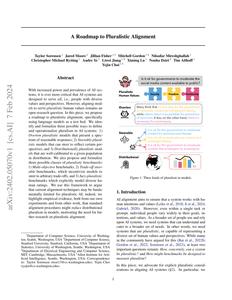
Bureaucracy works! But it’s worth underscoring the ambivalence of rationalized power. “Rationalizing” is just organizing toward some instrumental goal, and that goal can be anything—liberatory, oppressive, beneficial, horrific. Even when it does good things, a bureaucracy does them like a machine, coldly, impersonally, routinely. Rational calculation... reduces every worker to a cog in this bureaucratic machine and, seeing himself in this light, he will merely ask how to transform himself... to a bigger cog... The passion for bureaucratization at this meeting drives us to despair. (Max Weber, Economy and Society)
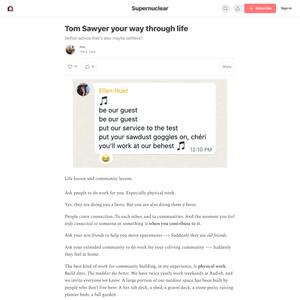
So, let’s say you’ve grown past Dunbar scale. Now what? Max Weber says there are three ways power gets organized: rizz, rulers, and rules.
Rizz, or charismatic authority. Power is gathered by an individual through sheer force of personality. Heroes, martyrs, prophets, cult leaders, celebrities, founders, and dictators are charismatic authorities.
Rulers, or traditional authority: Power is enshrined and legitimated through ritual and custom. Elders, kings, priests, and politicians are traditional authorities.
Rules, or rational-legal authority: Power gets systematized. Rules are redesigned to produce particular results. Lawyers and law, bureaucracy and bureaucrats, modern states are rational-legal authorities.
Our political reality is messy, so every system ends up being an ad-hoc mix of these modes. Yet in many political systems, we can see a slow progression from rizz, to rulers, to rules. Why? Charismatic power is unstable, and meanwhile, we tend to...
the lowest-rizz institution of all: bureaucracy.


How might our understanding of decentralized systems change if we view hierarchy as emergent, rather than imposed?
Hierarchies evolve from the lowest level up—from the pieces to the whole, from cell to organ to organism, from individual to team, from actual production to management of production. Early farmers decided to come together and form cities for self-protection and for making trade more efficient. Life started with single-cell bacteria, not with elephants. The original purpose of a hierarchy is always to help its originating subsystems do their jobs better. This is something, unfortunately, that both the higher and the lower levels of a greatly articulated hierarchy easily can forget. Therefore, many systems are not meeting our goals because of malfunctioning hierarchies (Donella Meadows, 2008. Thinking in Systems)
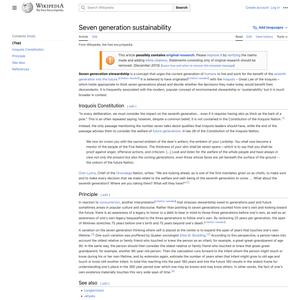
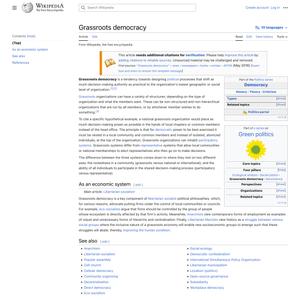
My existence is not to become a minister for a certain group, nor to broadcast government propaganda. Instead, it is to become a 'channel' to allow greater combinations of intelligence and strength to come together.
Audrey Tang
Tang's first initiative, the g0v project, involved swapping out the "o" for a zero in the government's "gov.tw" top-level domain to view more accessible and interactive versions of those governmental websites. The project was open source, in line with Tang's principles, and very popular, accessed millions of times each month. Another initiative, vTaiwan, uses social media paradigms for citizens to create digital petitions. Those with 5,000 signatories are brought to the premier and government ministries to be addressed. Changes implemented through this system include access to income tax software for non-Windows computers, and changes to cancer treatment regulations. The Taiwanese parliament complained that citizens had better access to influence regulation than they did as legislators. As of 2017, Tang was working on sharing economy software that would facilitate the free exchange of resources in abundance instead of the ride-sharing and peer hotel applications for which the...
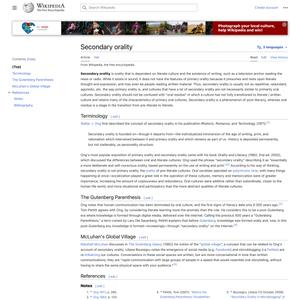
(orality is) Empathetic and participatory: Learning happens in "close, empathetic, communal association" with others who know. Truth emerges from communal consensus.
